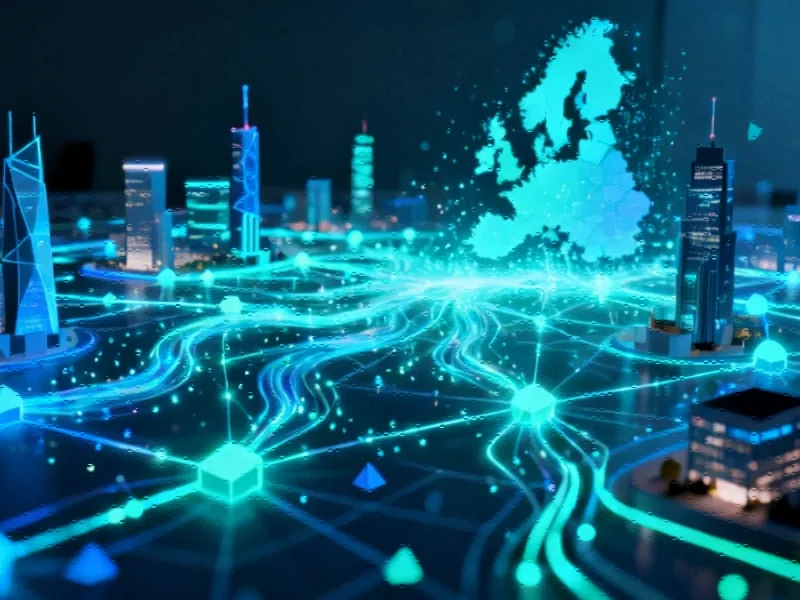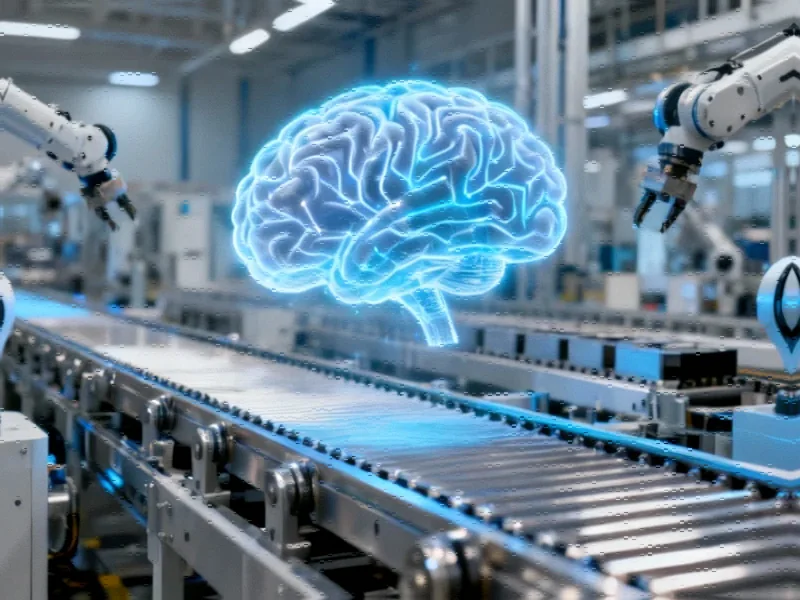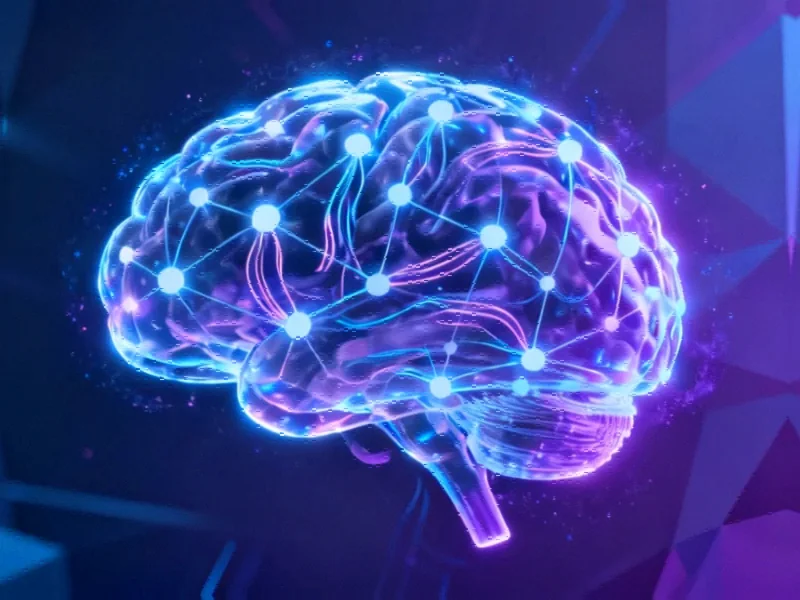Europe’s AI Landscape Transforms Through Strategic Acquisitions
The European artificial intelligence ecosystem is undergoing a significant transformation as merger and acquisition activity reaches unprecedented levels. According to comprehensive market analysis, 98 M&A deals involving AI-native startups have been completed so far this year, already surpassing the 85 acquisitions recorded throughout 2024. This consolidation wave represents a maturation of Europe’s AI sector following years of substantial venture capital investment.
The European AI sector sees unprecedented merger activity across multiple domains, with July and August recording 18 and 15 exits respectively—the highest monthly totals since systematic tracking began. This acceleration signals a strategic shift as companies race to secure cutting-edge AI capabilities through acquisition rather than internal development.
Billion-Dollar Deals Signal Market Confidence
The most notable transactions demonstrate significant investor confidence in European AI innovation. Last month’s acquisition of Swedish AI startup Sana by California-based Workday for $1.1 billion stands as the largest publicly announced deal. Meanwhile, US customer service giant NiCE paid nearly $1 billion for Dusseldorf-based Cognigy, which specializes in conversational and agentic AI solutions for customer service enhancement.
Pierre-Louis Cléro, partner at global law firm Latham & Watkins, notes that despite these headline-grabbing transactions, most consolidation is occurring “at the early stage.” Data confirms this trend, with 83 early-stage deals compared to just 15 growth and late-stage acquisitions this year. This pattern suggests established companies are seeking to acquire promising AI technologies before they mature into direct competitors.
Corporate Giants Bolster AI Capabilities Through Strategic Purchases
Major corporations across various sectors are actively acquiring AI startups to enhance their product offerings. Cybersecurity leader Check Point strengthened its portfolio through the acquisition of Swiss startup Lakera, while software powerhouse Salesforce expanded its capabilities by purchasing UK-based agentic AI specialist Convergence. These strategic moves reflect how companies are responding to industry developments that demand increasingly sophisticated AI integration.
The acquisition trend extends beyond traditional corporate boundaries, with European AI scaleups themselves emerging as active buyers. Paris-based Mistral has incorporated M&A into its growth strategy, while agentic AI startup H Company recently acquired Mithril Security, a French startup developing open-source tools for AI agent creation. This demonstrates how Europe’s AI leaders are building comprehensive capabilities through strategic consolidation.
Infrastructure Challenges and Technological Breakthroughs
The rapid expansion of AI capabilities has highlighted infrastructure vulnerabilities, as evidenced by the recent technology disruptions affecting critical services. Meanwhile, researchers continue pushing boundaries with innovations like related innovations in energy storage that could power next-generation AI systems.
Scientific advancements are also contributing to AI development, with market trends in materials science enabling new computational approaches. The intersection of AI and astronomy is particularly promising, as demonstrated by industry developments in observational technology that could inspire new machine learning architectures.
Emerging Applications and Future Directions
Beyond traditional business applications, AI is enabling groundbreaking innovations in human-computer interaction. Research into related innovations demonstrates how AI could facilitate new forms of battery-free human-machine interfaces, potentially revolutionizing how we interact with technology.
The European AI M&A surge reflects a broader global trend toward consolidation in deep technology sectors. As startups mature and demonstrate commercial viability, larger entities are increasingly viewing acquisition as the most efficient path to technological advancement and market leadership. This consolidation phase likely represents just the beginning of a longer-term restructuring of Europe’s technology landscape, with AI at the center of this transformation.
With the pace of deals accelerating and both corporations and scaleups actively participating as acquirers, Europe’s AI ecosystem appears poised for continued evolution through strategic combinations that bring together complementary technologies, talent, and market access.
This article aggregates information from publicly available sources. All trademarks and copyrights belong to their respective owners.
Note: Featured image is for illustrative purposes only and does not represent any specific product, service, or entity mentioned in this article.



